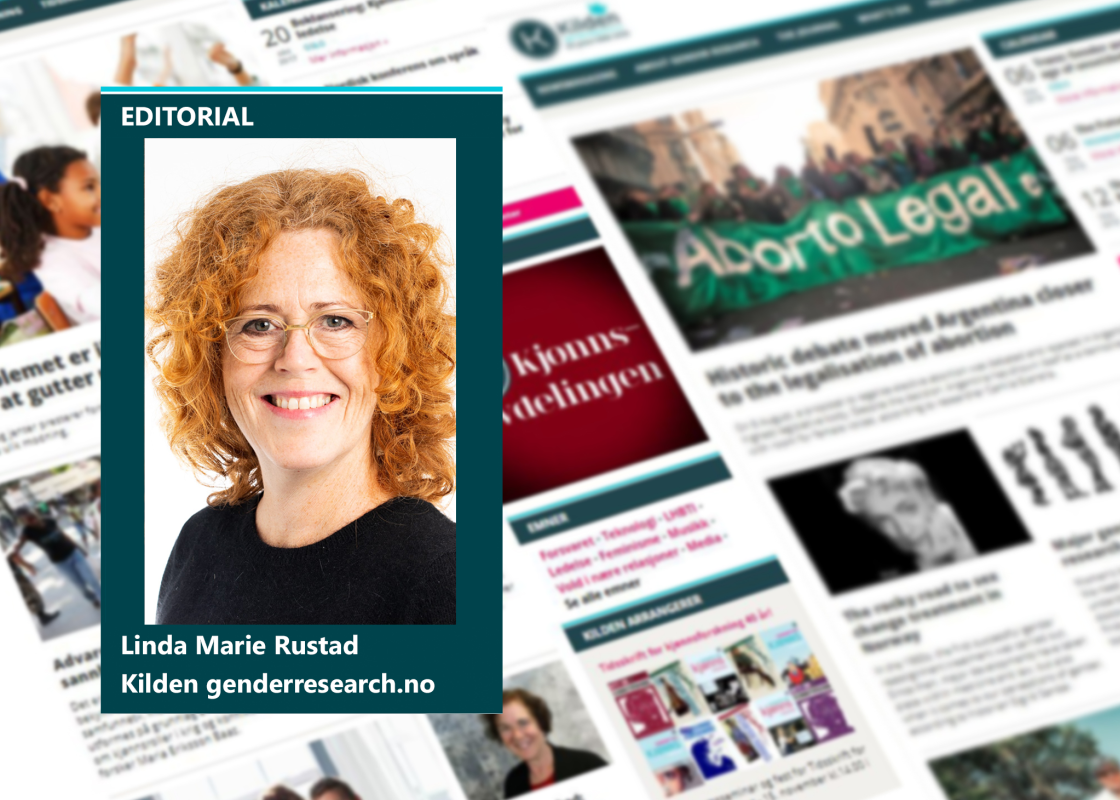We already know that academia has gone through a neoliberal reform, a shift "from more bureaucratic governance towards more business administrative measures and instruments [with] emphasis on markets and competition as a socially accepted distribution process of valuable goods in academia and society" (Riegraf & Weber, 2017, p. 97).
How can gender equality be achieved and implemented in an academia in which business logic and competition are central elements of its measures? Gender budgeting, focusing on budget processes, introduces analytical tools and routines that take the neoliberal reform into consideration.
The CoP GenBUDGET of the ACTonGender project recently organized a webinar on the same topic, gender budgeting in higher education and research institutions. Two of the webinar presenters, Tiandara Addabbo and Jennifer Dahmen-Adkins, asserted that gender budgeting can be seen as a lever of structural change in research institutions.
They argued that following research institutions’ money can reveal and help to define actions against gender biases in the allocation of funds and resources. Thus, as the budget reflects an institution’s real policy commitments, an analysis of budgeting can also increase the sustainability of gender equality plans.
Lack of transparency can affect the integration of gender perspectives in the budgeting process.
Another presentation in the webinar pointed to a challenge in implementing gender equality through gender budgeting; namely, the lack of transparency in budgets. Carmichael, Steinþórsdóttir and Taylor’s research on gendered workloads in research institutions showed that detecting gender biases in budgeting might be more difficult than assumed. Despite the extensive use of management tools in workload allocation processes, transparency of process and equity of outcome are not ensured (ibid, 2020).
In our recent engagement with making gender equality plan in a research institute, we take up gender budgeting as one of the main elements of the gender equality plan. We agree with Carmichael and colleagues (2020) that a lack of transparency in budgeting can affect the integration of gender perspectives in the budgeting process. A supportive environment and leadership that put gender equality on the agenda are needed in order to be able to problematize taken for granted routines and gendered biases in budgeting.
For instance, measuring of publication records has become a common practice at national and organizational levels, evaluating individual and institutional success and contribution according to a particular standard. This creates the basis for access to further funds at individual, institutional, and national levels. The supportive environment has given us the opportunity to ask about the culture of co-writing at the institution, the composition of work that challenge allocation of time for academic writing, and how these challenges are affecting men and women differently.
Budgeting is not happening outside gendered structures in academia.
Though our investigation is not fully completed, it shows that age and seniority intersect with gender differently for men and women, as the majority of senior positions are occupied by men. This, among other things, affects the distribution of work tasks, like administrative work and research, which also regulates and is regulated by access to research funds. This is just one example of how the competition and business model in academia is intersecting with gender, age, and seniority in ways that create new forms of hierarchies, and also a reminder that budgeting is not happening outside gendered structures in academia.
This article was first published on the GenBUDGET blog.
References
Carmichael,F., Steinþórsdóttir, F. S. and Taylor, S. (December 11th, 2020). Gendered workload in universities as a feminist issue: A case study of a UK Business School. Webinar on Gender Budgeting in research organizations. ActonGender
Riegraf, B., & Weber, L. (2017). Excellence and gender equality policies in neoliberal universities. Gender a výzkum/Gender and Research, 18(1), 92-112.



